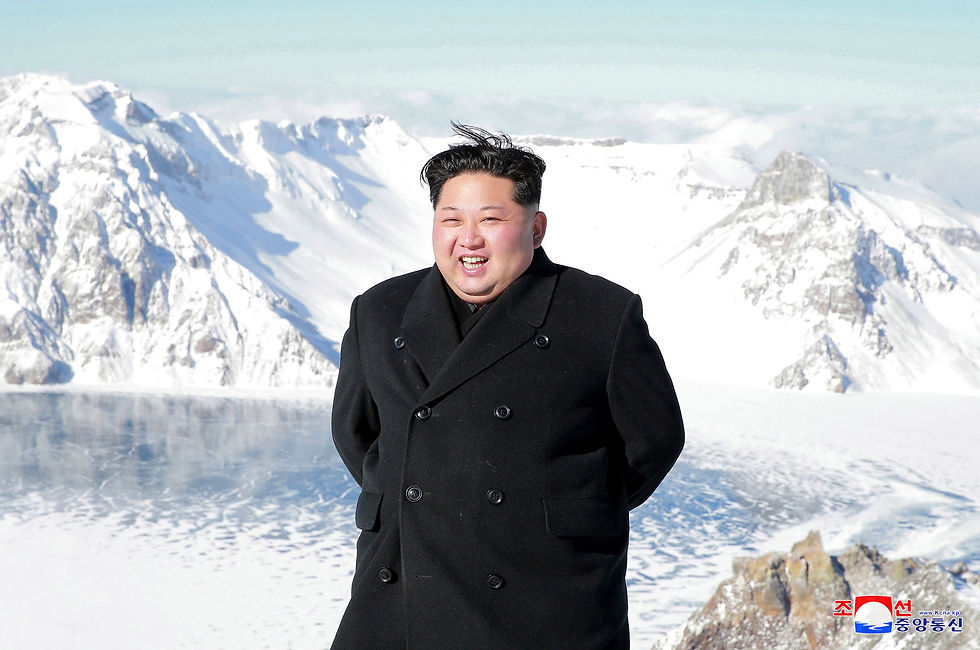Putin's purpose in Syria
- Michael Declan Broad
- Jan 9, 2018
- 3 min read

In December, President Putin made a surprise visit to the Russian military base in Syria and announced the withdrawal of Russian forces from the country. The BBC reported that Putin’s visit was to bring the word of 'victory' to the front line. Russian troops could now return to their families, knowing that they had defeated ISIS and defended the Assad regime. But what has Putin really achieved in Syria?
Understanding Russia’s achievements is Syria requires an understanding of the Kremlin’s motivation. Russia has supported the Assad regime since 2011, providing diplomatic support by vetoing UN resolutions. In 2015, Russia increased its support by embarking on a campaign of airstrikes against groups that the Kremlin defined as ‘terrorist’.
The timing of this extended commitment is significant to understanding why Russia has become so involved in the Syrian conflict. In September of that year, world leaders met at the 70th UN General Assembly to discuss global affairs. During the assembly, Putin and Obama met privately to discuss the crisis in Syria.
At the time, the western world strongly called for the removal of Syrian President Bashar al-Assad. The United State even went as far as to publicly lay the Syrian conflict at the feet of Assad’s regime: 'Assad reacted to peaceful protest by escalating repression and killing and in turn created the environment for the current strife'.
Russia’s support for Assad, therefore, became a big bargaining chip, and one which Putin intended to use during the 70th UN General Assembly. Putin was prepared to withdraw support from the Assad Regime, in return for NATO's support being withdrawn from the Ukrainian conflict. A conflict which interfered much closer with the Russian sphere of interest.
The meeting between Obama and Putin orchestrated to be a trade-off; Syria for Ukraine. This never happened however. Following the meeting, both leaders came out publicly blaming eachother for escalating the crisis in Syria.
Despite the Kremlin’s gamble not paying off, Russia has still been able to gain from the Syrian conflict. The conflict is testimony to the re-establishment of Russia’s global status. Putin has taken a step towards the ‘superpower’ title previously held by the Soviet Union.
Russian has demonstrated its ability to rival the US by rejuvenating its relations with Iran. Just months before the 2015 air-strikes, Iran brokered a nuclear deal with the US, limiting Russian influence in Tehran. The US has admitted to being unable to break the relationship between Russia and Iran. The Syrian conflict has been an opportunity for the two nations to work closely on military operations. Indeed the cooperation in Syria has become a symbol of the Russian-Iranian relationship.
Putin has been diplomatically victorious in maintaining his alliance with Iran, despite U.S. intervention. This alone is an example of how far Russia has come in terms of global power status. Additionally, Moscow has reshaped the frontlines of the Syrian conflict. With Russian support, Assad now holds major areas such as Palmyra, Raqqa and Aleppo. The conflict is evidence that Russia is now capable of effectively performing military operations outside of its own borders.
The effective impact of the Russian military has boosted Russia’s arms industry. Syria is a showcase for Russian military technology, and has been defined as a 'perfect commercial for Russian arms producers'. Going forwards, Russia will be able to expand its arms deals with new parties.
Ultimately, Syria is still a nation torn by war and terror. But the actual conflict has always been secondary to Putin’s goals. What initially began as a bargaining chip has turned into one of Putin’s highest paying investments in recent years. Russia has proven its might in both diplomatic and military terms. As the BBC reported, Putin has been able to 'force world leaders to deal with Russia'. In this sense, Russian troops can now return home knowing they have been victorious, even with the war going on in their absence.





Comments